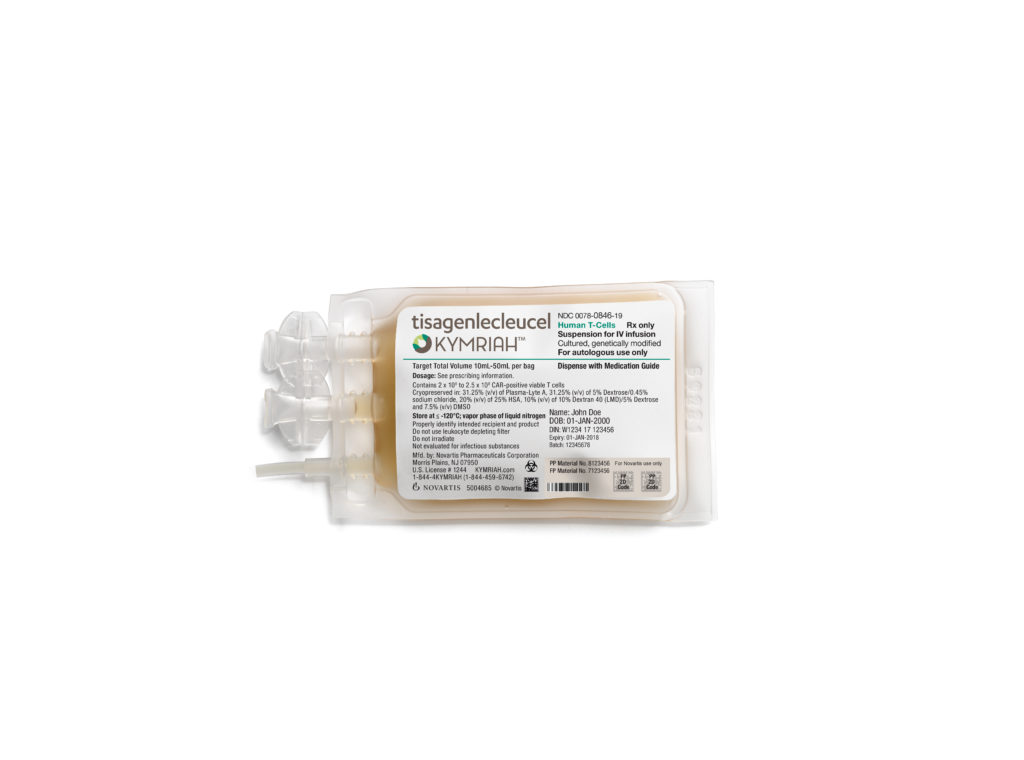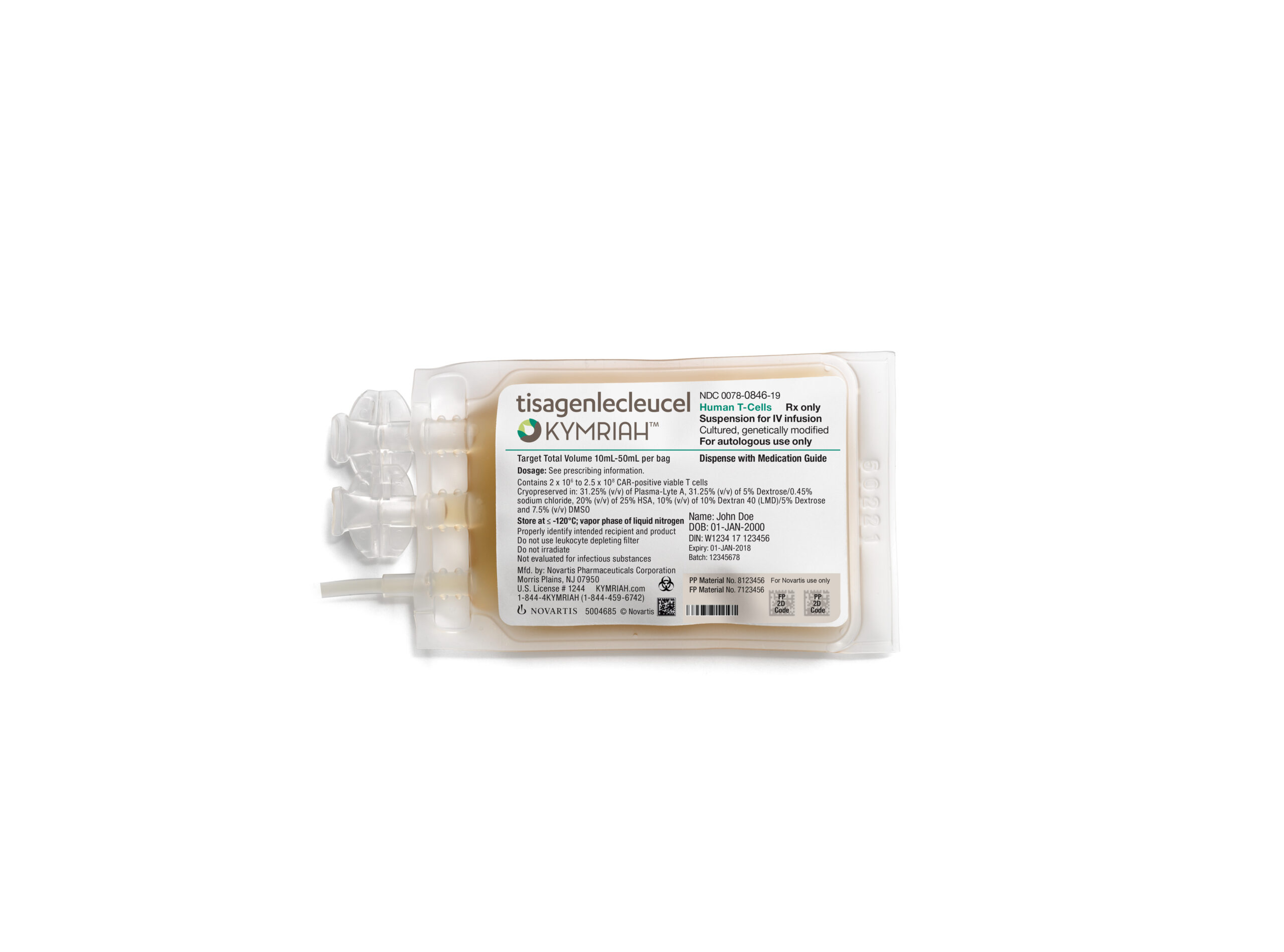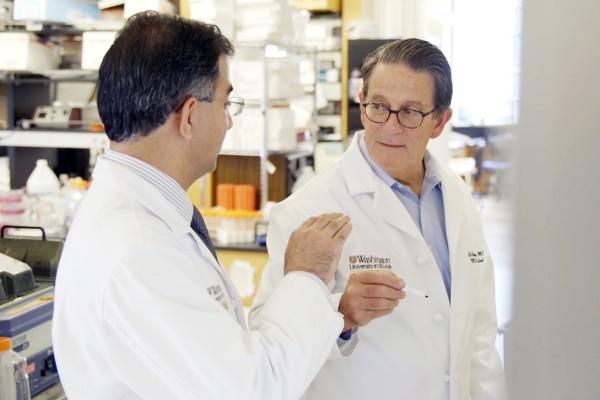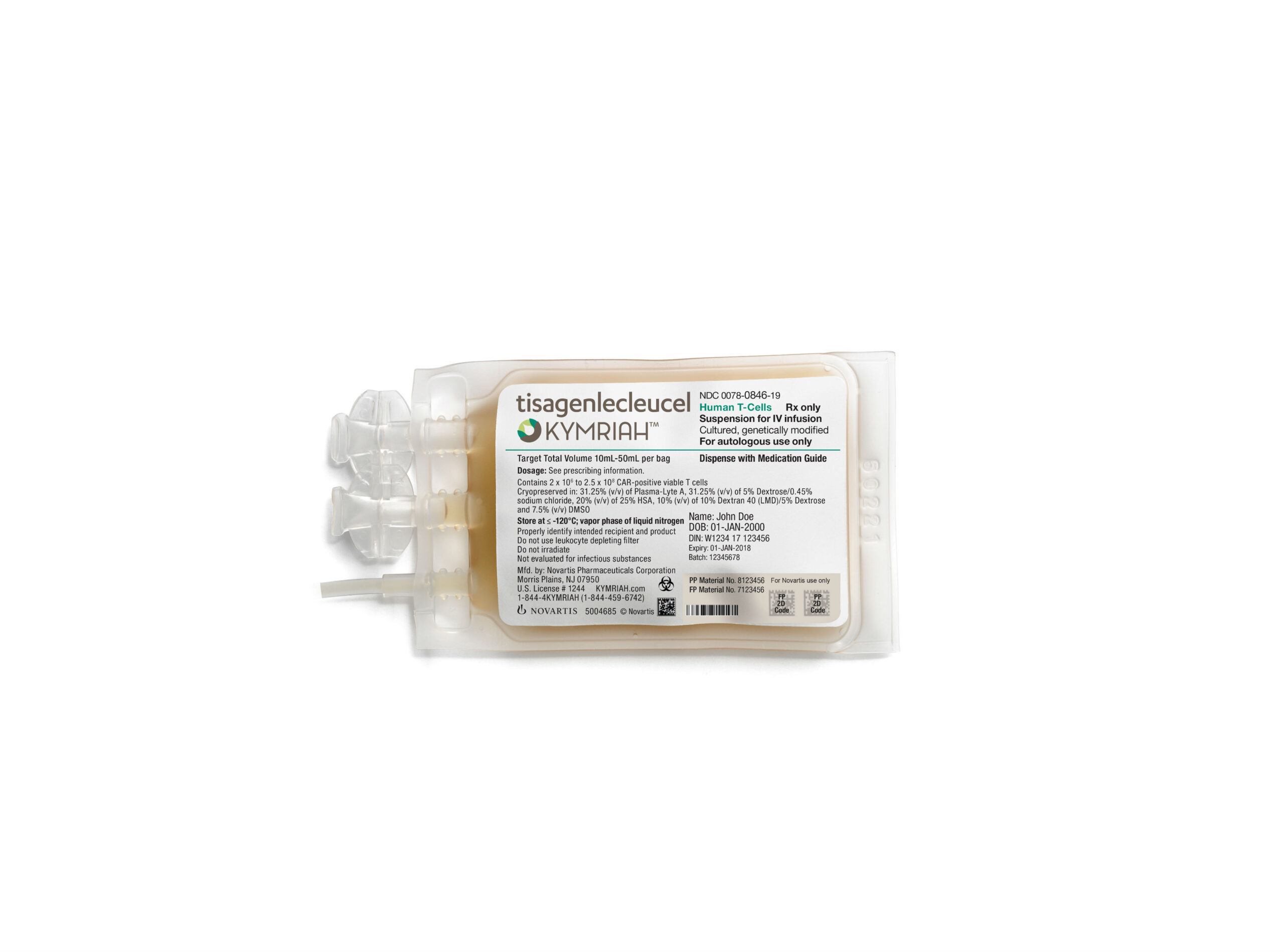Update (December 20, 2018): While Novartis’ manufacturing issues for its CAR-T therapy Kymriah have not been fully resolved, the company reports some progress in rectifying the situation. An inconsistent percentage of viable cells appears to make some doses “out of spec” but that doesn’t mean patients aren’t accessing this life-saving treatment. According to BioPharmaDive, Novartis still provides out-of-spec Kymriah to patients as a last resort, but are unable to charge for it.
Originally published July 23, 2018:
Just days after announcing its partnership with French CDMO Cell for Cure, Novartis has disclosed it’s been facing some US manufacturing problems with the CAR-T cancer therapy Kymriah. While the company didn’t elaborate on the exact type of product variability, they did say that they’re working closely with the FDA to resolve the issue.
“On manufacturing, we have seen some variability in our product specifications,” said Novartis CEO Vasant Narasimhan during a July 18th earning call. “This is something we’re looking at now in [diffuse large B-cell lymphoma] (DLBCL) to make sure that we can continue to ramp-up the demand. We feel confident in the overall longer-term outlook for Kymriah.”
Unlike other biologic drugs that are often manufactured in large bioreactors, CAR-T cell therapies are highly personalized to each individual cancer patient, making them inherently more complex to produce. Currently, the turnaround time from collection of immune cells from a patient to the point where the engineered cells can be reinfused in between two and three weeks – a tight window of time in which a cancer patient is only getting sicker.
Head of Novartis Oncology Liz Barrett said that despite manufacturing challenges, the company has been able to deliver the therapy “to the majority of patients.” What’s more, the manufacturing problems seem to be primarily affecting production for patients with DLBCL, the second FDA-approved indication for Kymriah. Since adult patients with this type of cancer are prescribed a higher dose of Kymriah compared to pediatric ALL patients, this could be a factor in the production problems experienced by Novartis.
RELATED: Novartis’ CAR-T Therapy Kymriah Could Be Manufactured by French CDMO Cell for Cure
“So, after manufacturing you have a percentage of cells that are viable, and so what we have in our commercial label, and this is what’s really important,” said Barrett in an effect to explain the production issue. “Commercial label is slightly more stringent than what was our clinical study. The other thing I will note is when you think about long-term manufacturing, we have a lot that we’re doing around building long-term manufacturing and capacity, working on improvement, continuous improvement of our processes.”
Barrett was also quick to reassure investors that the manufacturing problems were unlikely to affect any ongoing clinical trials of Kymriah. However, if Novartis is unable to solve these issues, they’ll have little chance of being able to transfer their technology to Cell for Cure and expand their European patient base.
As far as sales of Kymriah go, the reported numbers fell a little short of analysts’ $20 million projection.
“Now with Kymriah, we had Q2 sales of $16 million,” said Narasimhan. “The pediatric [acute lymphoblastic leukemia] launch is going well. We received FDA approval in DLBCL, as well as positive opinions on CHMP in both indications. I think its early days and we’ve always said this is going to be a five-year journey with Kymriah to really get us to be the globally successful brand we want it to be.”












Join or login to leave a comment
JOIN LOGIN